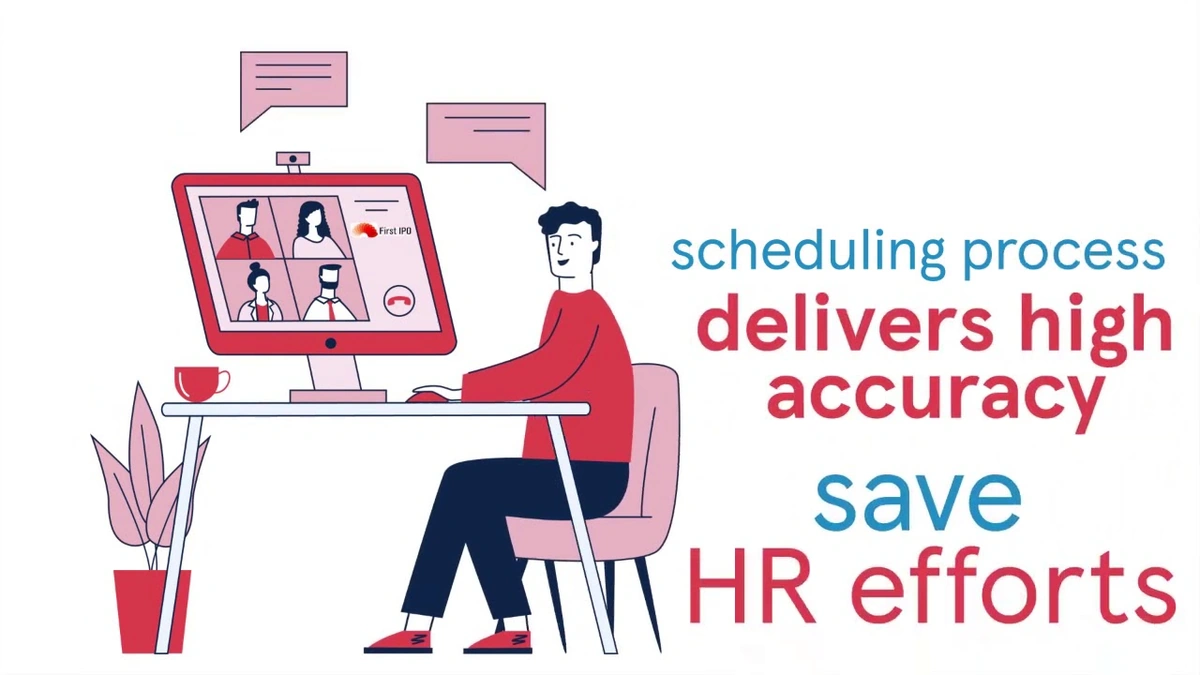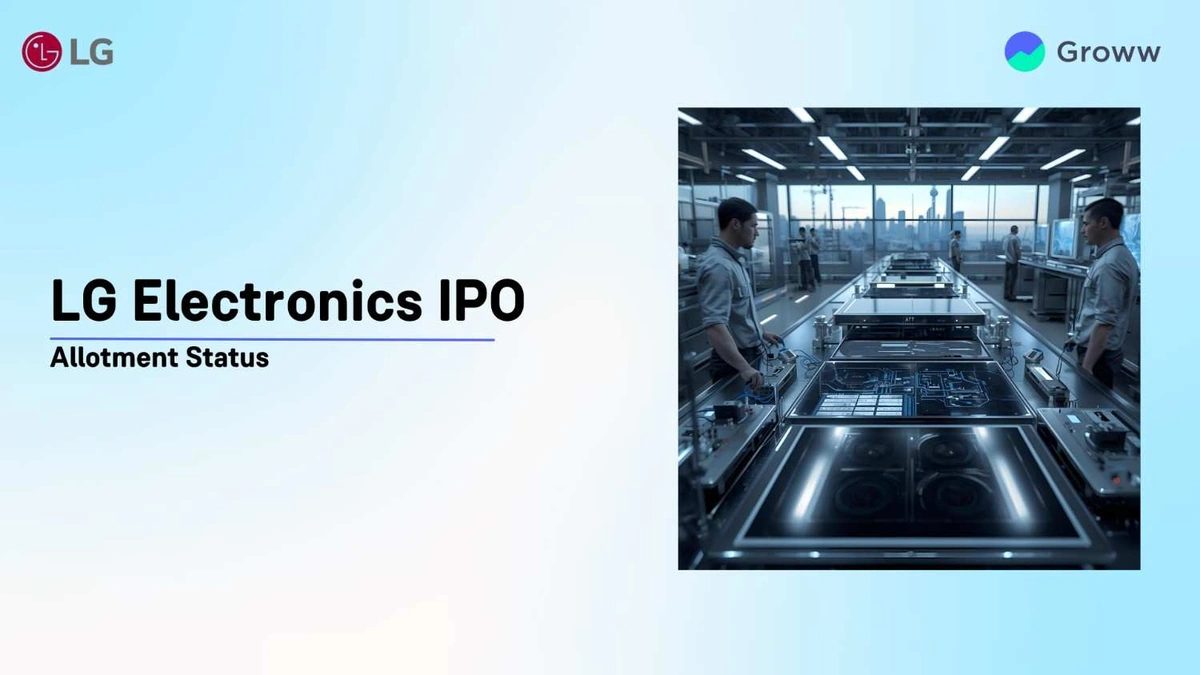Initial Public Offering (IPO) Explained
Ever heard someone casually drop the term ” IPO ” at a party and felt a knot of confusion tighten in your stomach? Let’s be honest – it sounds intimidating. Initial Public Offerings, or IPOs , are often surrounded by jargon and financial news that can feel totally impenetrable. But here’s the thing: understanding IPOs isn’t just for Wall Street types. If you’re an investor, or even just curious about how the financial world works, grasping the basics of an IPO can be incredibly empowering.
Think of it this way: a company, let’s say a super successful Indian startup that makes eco-friendly packaging, decides it wants to raise a bunch of money to expand its operations. One way to do that is to offer shares of its company to the public for the first time – that’s an IPO . It’s like the company is saying, “Hey, we’re doing great, and we want you to be a part of our journey!” But the process – and the implications – are more nuanced than that.
The “Why” Behind the Hype | Why IPOs Matter

So, why does all this initial public offering (IPO) business matter? It’s not just about companies getting richer (though that’s definitely part of it). IPOs are a vital cog in the economic machine, allowing companies to fuel innovation, expand their reach, and create jobs.
Consider this: a privately held company might be limited in its growth potential because it relies on loans or private investors. An IPO unlocks access to a much larger pool of capital. This allows the company to invest in new technologies, enter new markets, and hire more people. Essentially, it supercharges their growth trajectory. This, in turn, can lead to more innovation, more competition, and ultimately, a stronger economy.
But there’s more. For early investors and founders, an IPO can be a massive payday. It allows them to cash out some of their holdings and reap the rewards of their hard work and early belief in the company. And for the public (that’s you and me), it’s a chance to invest in companies we believe in and potentially share in their future success. It’s not a guaranteed win, of course – more on that later – but it’s an opportunity to get in on the ground floor.
And, an IPO also brings added scrutiny. A company that has ‘gone public’ is subject to rigorous reporting requirements and regulations. This transparency can attract investors, increase public trust, and make the company more accountable.
Decoding the IPO Process | A Step-by-Step Guide
Alright, so how does a company actually do an IPO ? It’s not as simple as just printing a bunch of stock certificates. There’s a whole process involved, and it can take months, even years, to complete.
Here’s a simplified breakdown:
- Choosing an Investment Bank: The company hires an investment bank to act as its underwriter. The underwriter helps the company prepare for the IPO, determines the share price, and manages the offering.
- Due Diligence: The underwriter conducts thorough research on the company, its financials, and its industry. This helps them assess the company’s value and potential risks.
- Filing a Registration Statement: The company files a registration statement with the Securities and Exchange Board of India (SEBI) – the SEBI Website . This document provides detailed information about the company and the offering.
- Roadshow: The company and the underwriter go on a roadshow, presenting the company to potential investors. This is where they try to generate interest in the IPO.
- Pricing the Shares: Based on investor demand, the underwriter determines the final share price. This is a crucial step, as it affects how much money the company raises.
- The Offering: The shares are offered to the public. Investors can place orders to buy the shares through their brokers.
- Listing: Once the offering is complete, the company’s shares are listed on a stock exchange, like the Bombay Stock Exchange (BSE) or the National Stock Exchange (NSE).
A common mistake I see first-time investors make is jumping in without doing their research. Just because a company is doing an IPO doesn’t automatically mean it’s a good investment. Understanding the business model, financials, and competitive landscape is absolutely critical. Do your homework!
Potential Benefits of Investing in IPOs
Okay, so you understand what an initial public offering (IPO) is and how the process works. But why should you care? What’s in it for you as an investor? Let’s explore the potential upsides.
- Early Stage Growth: Investing in an IPO gives you the chance to get in on the ground floor of a potentially high-growth company. If the company is successful, the value of your investment could increase significantly.
- Diversification: IPOs can provide diversification to your portfolio. Investing in different companies across different industries can help reduce your overall risk.
- Potential for High Returns: While there’s no guarantee of success, some IPOs can generate substantial returns for investors. Think about companies like Reliance or TCS, which have created massive wealth for their early investors.
- Exclusivity: Some IPOs , especially those of well-known companies, can be seen as prestigious investments. They offer access to a company’s growth story that might not be available to the public later on.
Of course, it’s important to remember that there are also risks involved. Not all IPOs are successful, and some can even lose money for investors. It’s crucial to weigh the potential benefits against the risks before making any investment decisions.
Risks to Consider Before Diving In
Now, let’s talk about the not-so-glamorous side of firstipo investments. Because, let’s be real, it’s not all sunshine and rainbows. Investing in IPOs comes with its own set of unique risks that you need to be aware of. Blindly jumping into an IPO without understanding these risks is like driving a car with your eyes closed – not a good idea.
- Limited Track Record: Newly public companies often have a limited track record, making it difficult to assess their long-term potential. Unlike established companies with years of financial data, you’re relying more on projections and assumptions.
- Valuation Challenges: Determining the fair value of an IPO can be challenging. The hype and excitement surrounding an IPO can sometimes lead to inflated valuations.
- Market Volatility: IPOs can be particularly vulnerable to market volatility. If the overall market is down, an IPO ‘s share price can suffer, even if the company itself is doing well.
- Lock-up Periods: Early investors and company insiders are often subject to lock-up periods, meaning they can’t sell their shares for a certain amount of time after the IPO . When the lock-up period expires, there’s a risk that they’ll flood the market with shares, driving down the price.
- Lack of Analyst Coverage: Newly public companies may not have as much analyst coverage as more established companies. This means less information is available to investors, making it harder to make informed decisions.
Remember, past performance is not indicative of future results. Just because an IPO did well in the past doesn’t mean future IPOs will be successful.
It’s crucial to do your own research and consult with a financial advisor before investing in any IPOs . Don’t let the fear of missing out (FOMO) cloud your judgment.
Navigating the Aftermarket | What Happens After the IPO
So, the firstipo has happened, the shares are trading on the stock exchange, and the initial excitement has died down. But what happens next? This period after the IPO , known as the aftermarket, is just as important as the IPO itself. It’s where the company’s true potential is revealed, and where investors need to stay vigilant.
One key thing to watch is analyst coverage. As mentioned earlier, newly public companies may not have much analyst coverage initially. However, over time, more analysts will start covering the company, providing in-depth research and ratings. These reports can influence investor sentiment and impact the share price. Also pay attention to news reports about the company. Stay informed about the company’s performance, its industry, and any potential risks or opportunities. And of course, monitor the share price. Keep an eye on the stock’s performance and compare it to its peers. Are you seeing sustained growth?
Don’t be afraid to re-evaluate your investment thesis. Things change. A company that looked promising at the time of the IPO might face unforeseen challenges down the road. Be prepared to adjust your strategy as needed. Here’s a link you might find interesting. And don’t get emotionally attached to your investments. It’s easy to fall in love with a company and hold onto its stock even when the fundamentals are deteriorating. Be objective and make decisions based on data, not emotions.
FAQ About IPOs
Frequently Asked Questions
What does “oversubscribed” mean in the context of an IPO?
It means that the demand for the shares is greater than the number of shares available.
Can I always get the shares I apply for in an IPO?
No. If the IPO is oversubscribed, the shares will be allocated through a lottery system or on a pro-rata basis.
What if I forgot my Demat account details?
Contact your Depository Participant (DP) – the organization where you hold your Demat account. They can help you retrieve your account details.
What’s the difference between an IPO and an FPO?
An IPO is the first time a company offers shares to the public, while an FPO (Follow-on Public Offering) is when a company that’s already public issues additional shares.
Is it always a good idea to apply for an IPO?
Not necessarily. It’s crucial to do your research and assess the company’s potential, your risk tolerance, and market conditions before investing in any IPO . For more insights, check this link .
How long does it take for shares to be credited to my Demat account after an IPO?
Usually, it takes around 1 week for the shares to be credited to your Demat account after the allotment process is complete.
The world of IPOs can seem complex, but with a little bit of knowledge and a healthy dose of skepticism, you can navigate it successfully. Remember to do your research, understand the risks, and make informed decisions. Happy investing!













